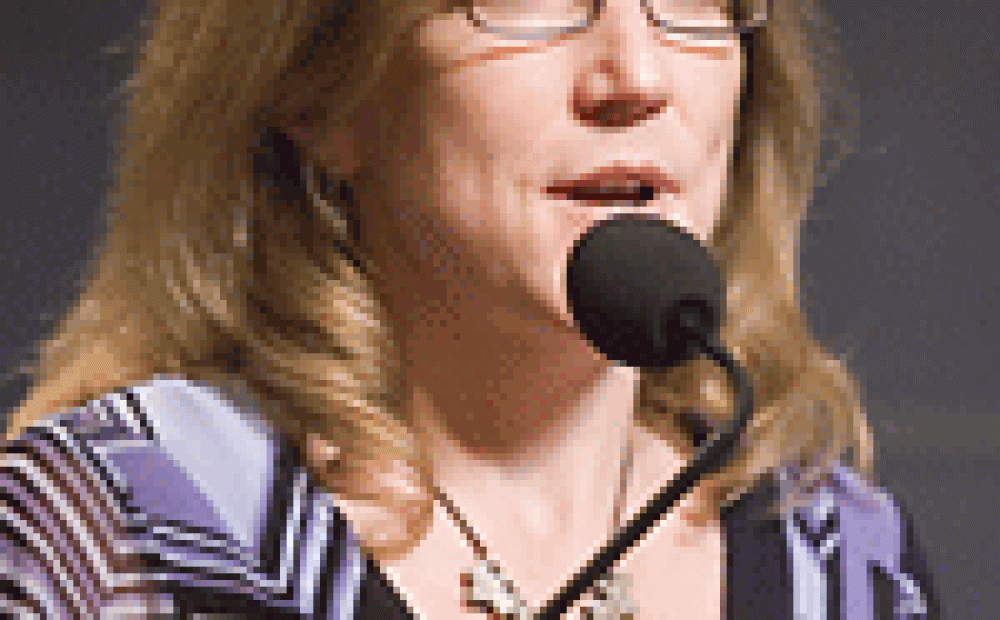Film Screening and Reception: A Walk to Beautiful

On May 15, 2008, the Woodrow Wilson Center hosted a screening of A Walk to Beautiful, an award-winning documentary about five Ethiopian women who suffer from obstetric fistula and seek treatment at the Addis Ababa Fistula Hospital. Obstetric fistula, a vaginal tear that occurs during prolonged and obstructed labor, causes incontinence and often social stigmatization. Mary Olive Smith, the film's director, producer, and cinematographer, introduced A Walk to Beautiful, explaining that her goal was to advocate for the estimated two million women afflicted by fistula, despite it being preventable and treatable. During the question and answer session that followed the feature, Smith underscored that this number might actually be closer to three million "because many [afflicted women] are hidden; it's hard to get good statistics." Dr. Delores Nembunzu, a fistula surgeon from the Democratic Republic of the Congo who was in attendance, added that many cases are not seen because women hide themselves out of shame and fail to seek medical services due to inability to pay or because they are unaware that treatment is available. However, both Smith and Dr. Nembunzu noted that as NGOs increasingly advocate for and inform populations about obstetric fistula, more and more women are seeking medical attention for this condition.
Speaker
Hosted By

Maternal Health Initiative
Housed within the Wilson Center's Environmental Change and Security Program, the Maternal Health Initiative (MHI) leads the Wilson Center’s work on maternal health, global health equity, and gender equality. Read more


Environmental Change and Security Program
The Environmental Change and Security Program (ECSP) explores the connections between environmental change, health, and population dynamics and their links to conflict, human insecurity, and foreign policy. Read more


Africa Program
The Africa Program works to address the most critical issues facing Africa and US-Africa relations, build mutually beneficial US-Africa relations, and enhance knowledge and understanding about Africa in the United States. The Program achieves its mission through in-depth research and analyses, public discussion, working groups, and briefings that bring together policymakers, practitioners, and subject matter experts to analyze and offer practical options for tackling key challenges in Africa and in US-Africa relations. Read more
